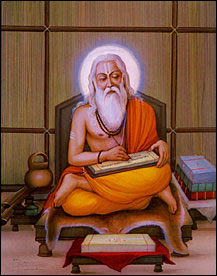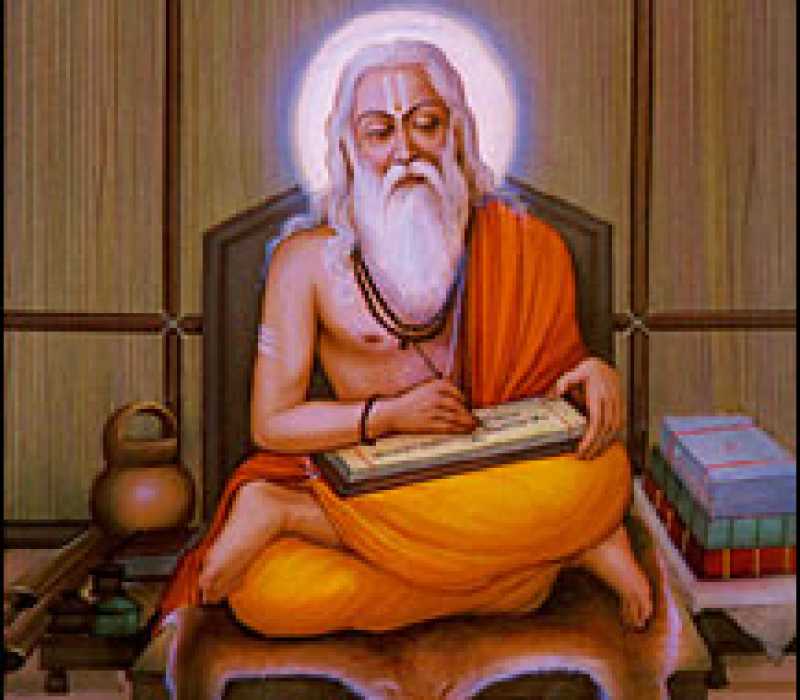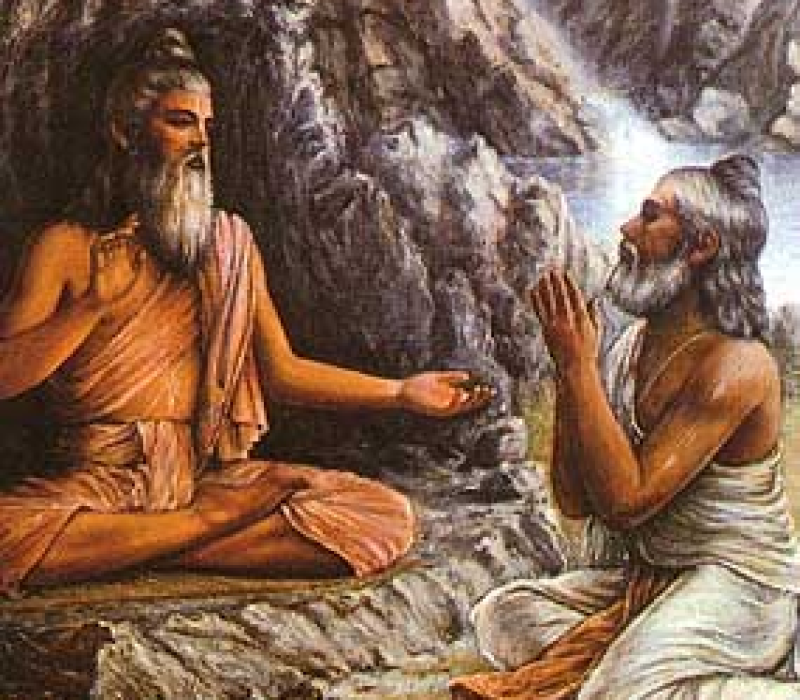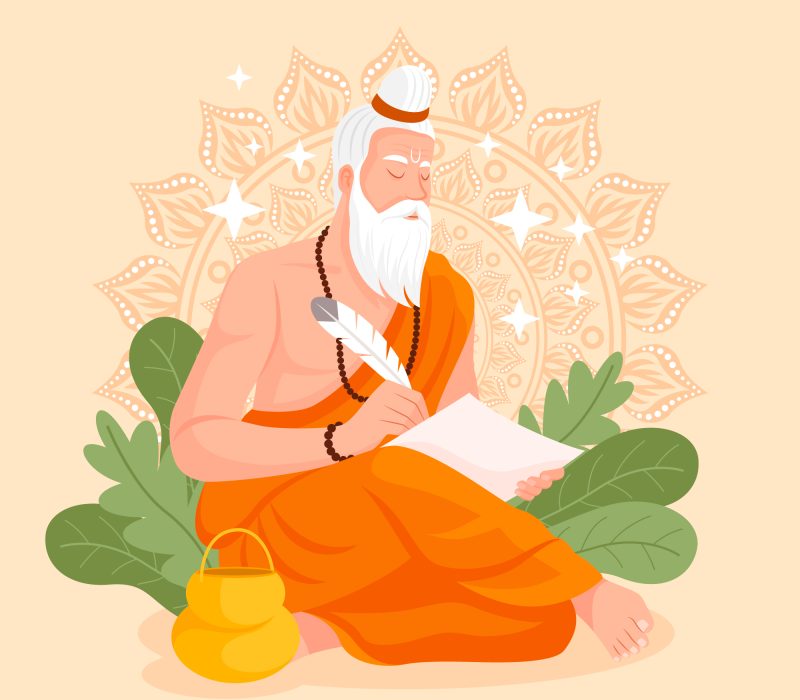Philosophy and Religion Classes
- Home
- Classes
- Philosophy and Religion

Philosophy and Religion Classes
- India had the most ancient yet modern tradition of thinkers and philosophers.
- In our Advanced Hinduism class one learns the very summary of the Indian philosophy and discovers the eternal wisdom of Upanishads, Six Shastras and Gita, the most popular scripture to come out of India.
- Hinduism is the predominant and indigenous religious tradition of the Indian subcontinent, often referred to as Sanātana Dharma (Sanskrit phrase for “the eternal law”) by its adherent. Generic “types” of Hinduism that attempt to accommodate a variety of complex views span folk and Vedic Hinduism to bhakti tradition, as in Vaishnavism.
- Hinduism also includes yogic tradition and a wide spectrum of “daily morality” based on the notion of karma and societal norms such as Hindu marriage customs.
- Sikhism is one of the monotheistic religion founded in the fifteenth century in Punjab on the teachings of Guru Nanak Dev Ji and ten successive Sikh Gurus (the last one being the sacred text Guru Granth Sahib Ji). It is the fifth-largest organised religion in the world.
- This system of religious philosophy and expression has been traditionally known as the Gurmat (literally the counsel of the gurus).
- Sikhism originated from the word Sikh, which in turn comes from the Sanskrit root śiṣya meaning “disciple”, or śikṣa meaning “instruction”.
- Sikhism without Hinduism is like a tree without its roots, Hinduism without Sikhism is like a tree without its fruits. Gain unique insight into the religious traditions of India.
- The course follows the full GCSE syllabus of the OCR examination board leading to GCSE highly recommended for students, parents and teachers.
VOICE has started a new class on Indian Philosophy- Darshan Shastras
You may have heard about the Six Shastras but do you know what do they contain and what do they teach? Come and join our new class in-person or online (Zoom) at 11am on Saturdays. Prof Nawal Prinja will present the Darshan Shastras in simple to follow, logical manner with reference to modern scientific knowledge.
Modern mind is a critical mind. Even philosophy is expected to be supported by the signs of inquiry which is logical to follow. Such a system of thought based on reason is recognized as a Darshan. There are six Darshan shastras. Their style is to state a problem and then take logical steps to find the solution. They are written in the form of sutras (short sentences), as short as possible, without unnecessary repetition or stories. They are the output of the greatest thinkers of India. We are proud to bring that knowledge to you through our VOICE classes.
The six shastras come in three pairs. The pair of ‘Sankhya’ and ‘Yog’ give guidance on coping with whatever life throws at us. The first gives the theory and the second teaches the techniques. It will be good to start with Sankhya. It explains what this life and creation is made of and which forces are at play. We will start with the Samkhya Suktas by Rishi Kapila where he explains the worldly life through reason and logic.
You can register for VOICE classes using the Google Form on the link https://forms.gle/jJaW44FSaHKZniNU9
Expected donation is only £55 for one term of the philosophy classes. Please note that this class is free for all those who are already attending the Hinduism GCSE or the Bhagwat Gita classes..
The Upaniṣhads (Sanskrit: उपनिषद्) are philosophical texts of the Hindu religion. More than 200 are known, of which the first dozen or so, the oldest and most important, are variously referred to as the principal, main (mukhya) or old Upanishads. The oldest of these, the Brihadaranyaka and Chandogya Upanishads, were composed during the pre-Buddhist era of India, while the Taittiriya, Aitareya and Kausitaki, which show Buddhist influence, must have been composed after the fifth century BC, the remainder of the mukhya Upanishads are dated to the first two centuries of the common era.
The philosophy of Upanisads is explained in simple English with power point presentations.
Darshan Shastras: Six Indian schools of Philosophy can shape personalities, behaviours, attitudes and can even bring about revolutions. We discover importance of Philosophy and the role played by the six Darshan Shastras. Subject matter of six Shastras are discussed and shown how they have influenced Indian Culture including the real meaning of Indian motto “Satyamev Jayte”.
Come and join us to know the great thoughts of Nyaya, Vaisheshika, Yoga, Karma, Sidhanta and Vendanta.
Preserving Traditions, Empowering Futures
Our Classes
- Dance
- Music
- Languages
- Philosophy and Religion
- Hindusim and Sikhism
- Philosophy / Upanishad
- Yoga and Meditation
- Vedic and GCSE Math
- Magic Touch SRM
- Art / Sketching



